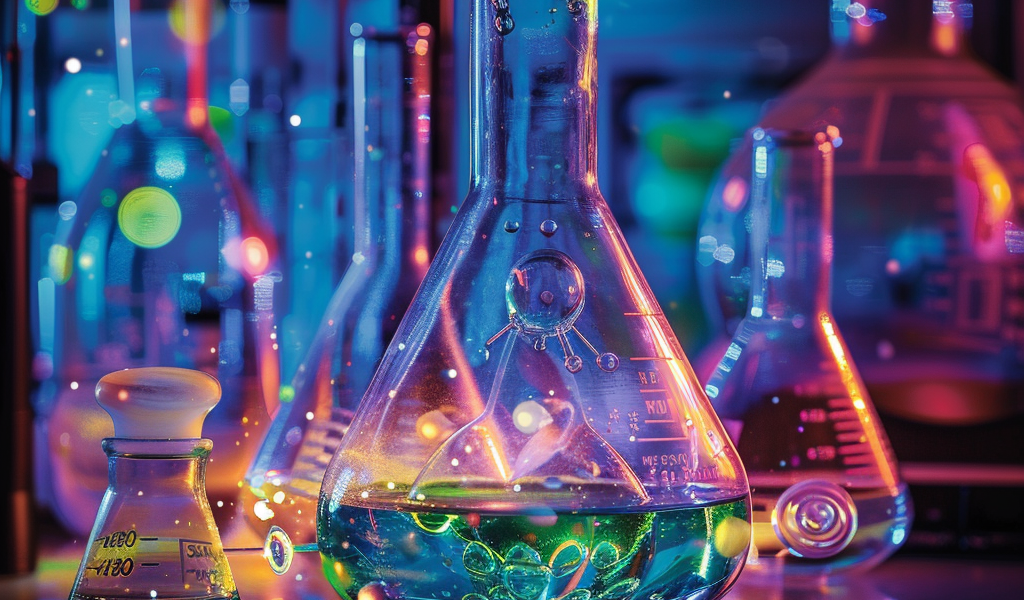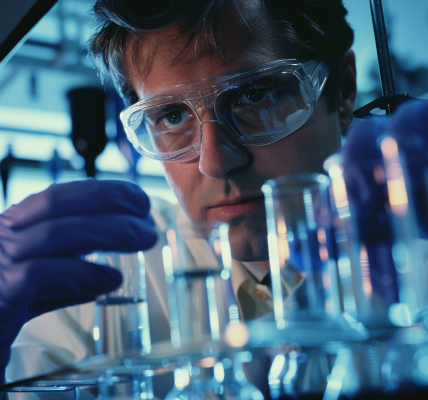Researchers at the University of Illinois Urbana-Champaign have made a groundbreaking advancement in the field of chemistry by developing a new process that integrates light and enzymes to create more sustainable chemicals. This innovative method offers a promising pathway for producing high-value chemicals with applications across various industries, including agrochemicals, pharmaceuticals, and renewable fuels.
The study, which was published in the prestigious journal Science, showcases the work of a team from the Center for Advanced Bioenergy and Bioproducts Innovation (CABBI). Led by Huimin Zhao, a prominent professor of Chemical and Biomolecular Engineering and the Director of the NSF Molecule Maker Lab Institute at Illinois, along with postdoctoral researcher Maolin Li, the research focuses on the use of fluorine as a crucial additive in olefins.
Olefins are hydrocarbons that play a vital role in the production of a wide range of everyday products, from detergents and fuels to pharmaceuticals. The incorporation of fluorine into these chemicals can significantly enhance their effectiveness and longevity. The unique properties of fluorine, including its small size and electronic characteristics, allow it to improve the absorption and metabolic stability of organic molecules, as well as their interactions with proteins.
Traditionally, the process of adding fluorine to olefins has been complex and often detrimental to the environment. Conventional chemical methods can involve hazardous reagents and generate harmful waste. However, the new technique developed by the CABBI team utilizes a photoenzymatic approach, which is both efficient and eco-friendly.
In this innovative process, researchers employed a specialized enzyme known as a





